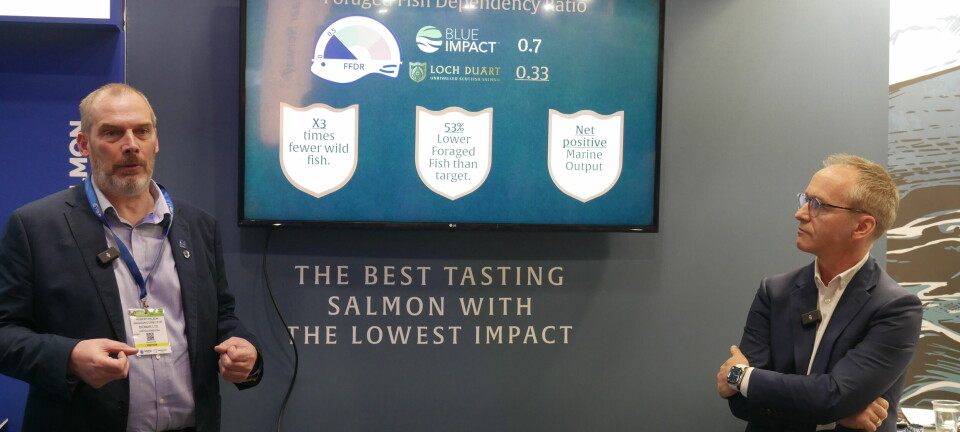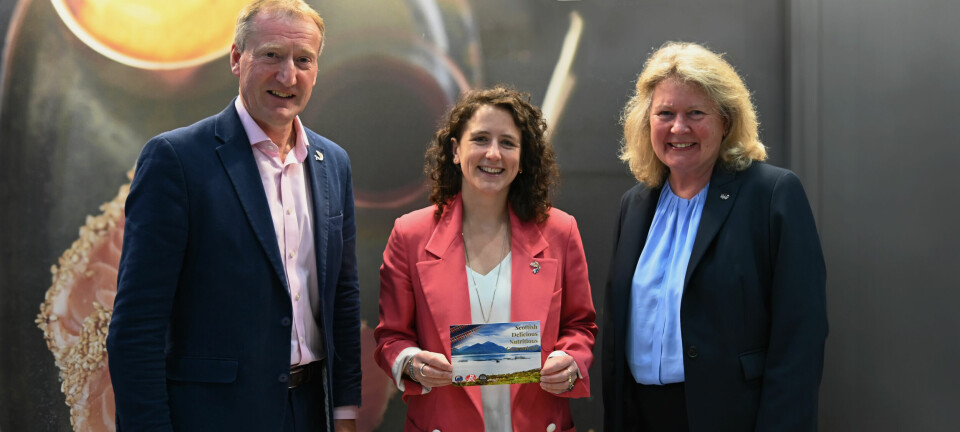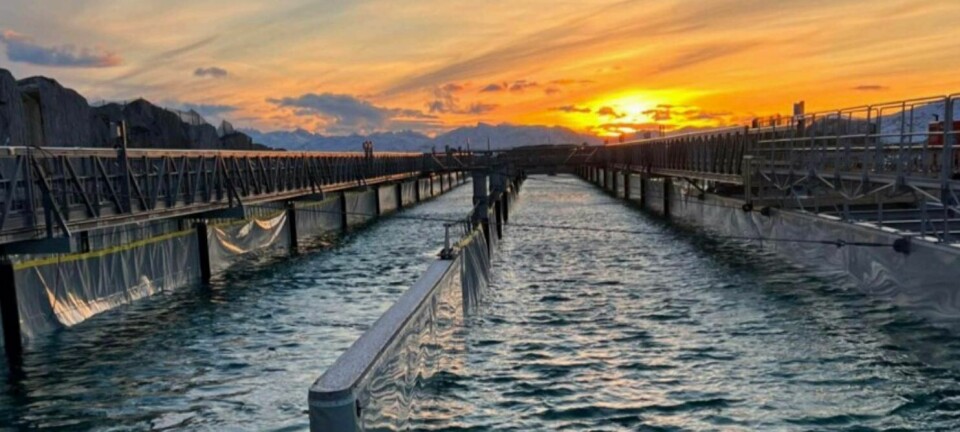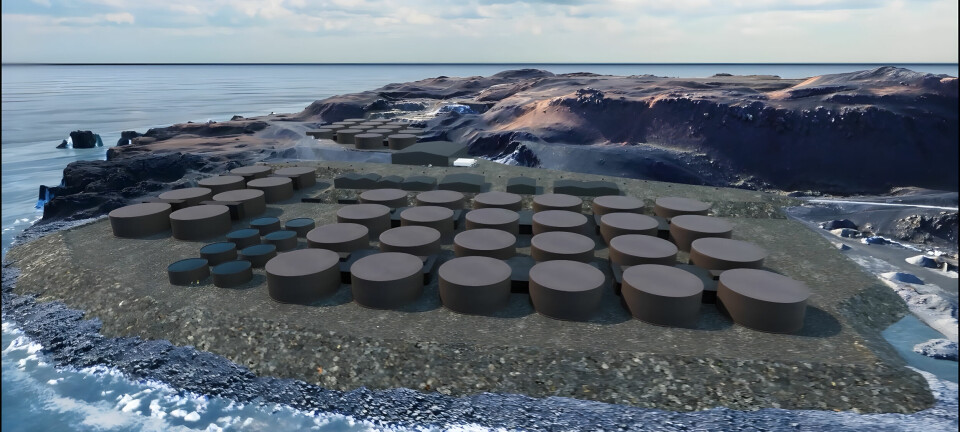
Record quarter for NRS
The best Q2 prices for 20 years helped Norway Royal Salmon (NRS) achieve the highest quarterly operational EBIT in the history of the group, despite higher production costs, a NOK 5 million fine and some biological challenges in its southern region.
Operational EBIT for the second quarter of 2016 was MNOK 168 and EBIT per kg was NOK 25.33 – up from MNOK 19 and NOK 4.83 respectively in the same quarter last year.
“The reason for the good quarterly result is very high salmon prices as well as low and stable production costs from the previous quarter in Region North,” says CEO Charles Høstlund.
The company harvested 7,381 tonnes gutted weight during the quarter, 31 per cent more than in the same quarter last year. 5,468 tonnes of the total volume were harvested in Region North (where the company has 29 licences in Troms and western Finnmark) and 1,912 tonnes in Region South (where the company has 6 licences in the area around Haugesund).
Region North
Region North posted an operational EBIT of MNOK 165.6 in the quarter, compared with MNOK 20.9 in the corresponding quarter last year. Operational EBIT per kg gutted weight before fixed price contracts was NOK 32.79, compared with NOK 5.68 in the corresponding quarter last year.
Production costs for harvested fish in this region was NOK 0.89 higher than in the first quarter of 2016 and NOK 0.62 higher than in the corresponding period last year. The quality of the harvested fish has been good. Region North achieved approximately expected growth in the quarter. The sea lice situation is good in the region.
Region South
Region South posted an operational EBIT of MNOK 21.4 in the quarter, compared with MNOK 6.3 in the corresponding quarter last year. Operational EBIT per kg gutted weight before fixed price contracts was NOK 13.69, compared with NOK 3.23 in the corresponding quarter last year.
However, the production costs for harvested fish in this region was NOK 5.14 per kg higher than in the first quarter of 2016 and NOK 16.72 higher than in the corresponding period last year. Biological challenges and unsatisfactory operations at harvested the sites have resulted in high production costs in the quarter. Lower, but still high, production cost of harvested fish is expected in the next quarter. Organisational and operational changes have been done in the regions to improve production in the future, as well as a change of smolt suppliers from 2017, with a focus on larger smolts.
Key events
Smolt cull required
NRS Finnmark’s Kokelv site received desmoltified fish as part of this year’s smolt release. As a result, the fish in two cages were culled. The incident resulted in a one-off cost in Q2 of NOK 8.0 million.
Nord Senja Laks fined
The Hålogaland Appeal Court passed a sentence on May 25 in the criminal case against Nord Senja Laks – a wholly owned subsidiary of NRS. The verdict is the same as Senja District court passed regarding the items which were appealed – Nord Senja Laks was sentenced to pay a fine of NOK 5.0 million, but was not sentenced to loss of rights.
New site approved
The company received approval for a new site in Måsøy municipality in Western Finnmark with a MAB of 3,600 tonnes.
Triploid production
NRS was awarded nine green licences in December 2014 on the basis they would be stocked with sterile salmon and NRS has chosen to use triploids. The company had challenges in getting approval for the release of the planned numbers triploid salmon to sea in 2016. Production of triploid salmon needs to have an exemption from the Aquaculture Operation Regulations (Akvakulturdriftsforskriften). The Norwegian Food Safety Authority (FSA) grant such exemptions and on 20 May declined the company’s applications for exemption to produce triploid salmon to be released to the sea in 2016.
However, NRS appealed the FSA's refusal to the Ministry of Trade, Industry and Fisheries, which has now ruled in favour of NRS Finnmark. Later Nor Seafood and Nord Senja Laks were given exemption to produce triploid salmon. The decision means that NRS can release, as planned, smolts in 2016 using the green licenses belonging to the company. This gives a possibility for 40 per cent organic growth.




















































